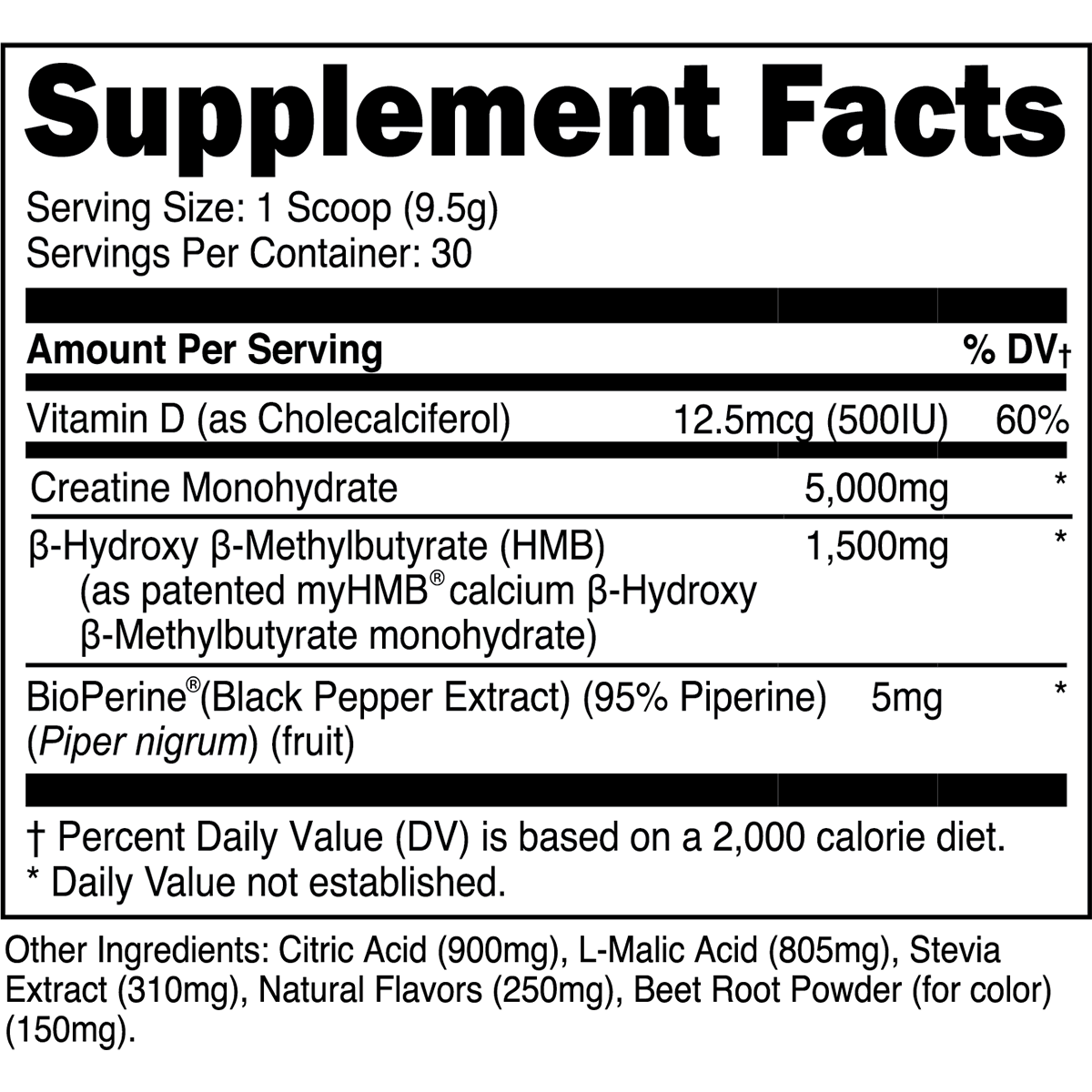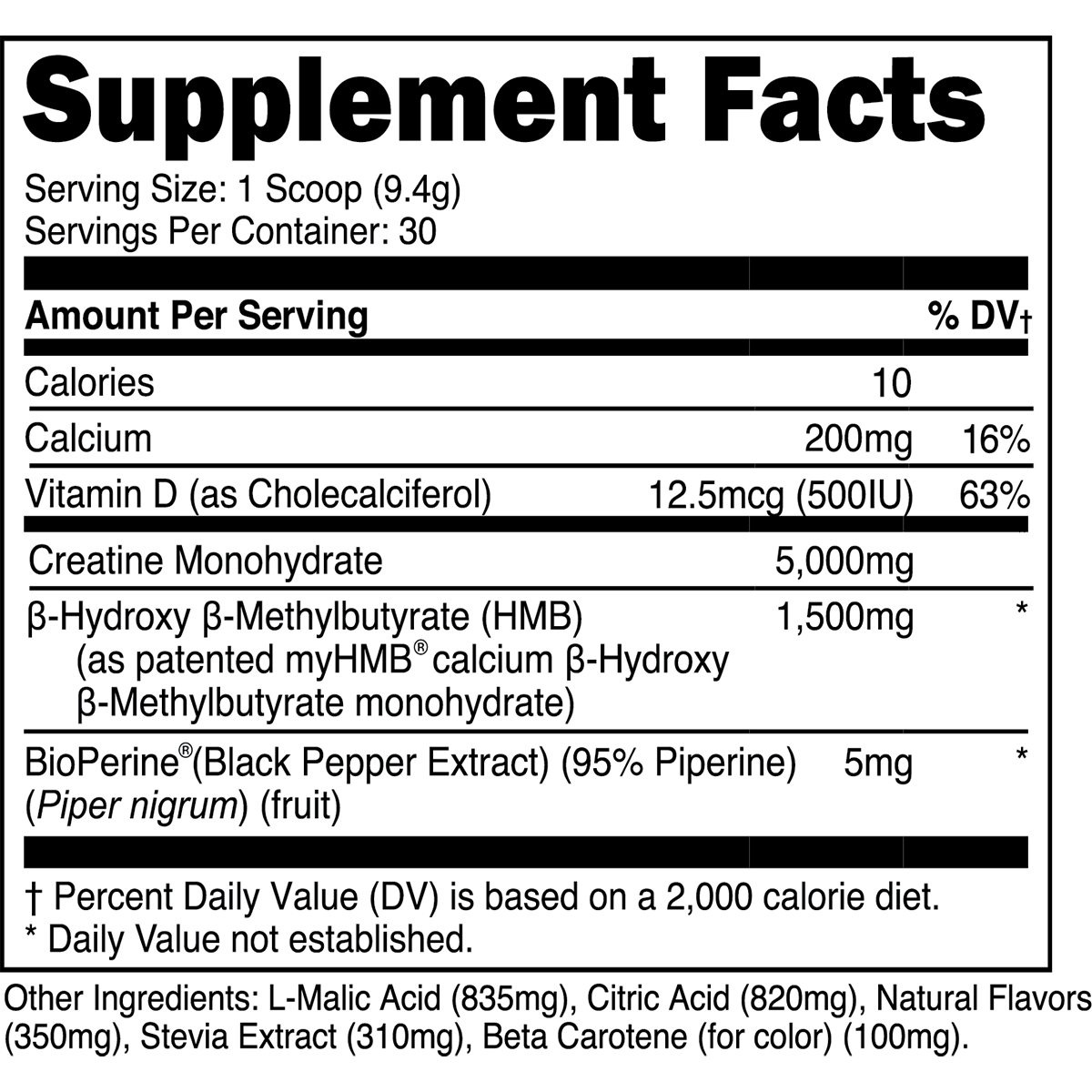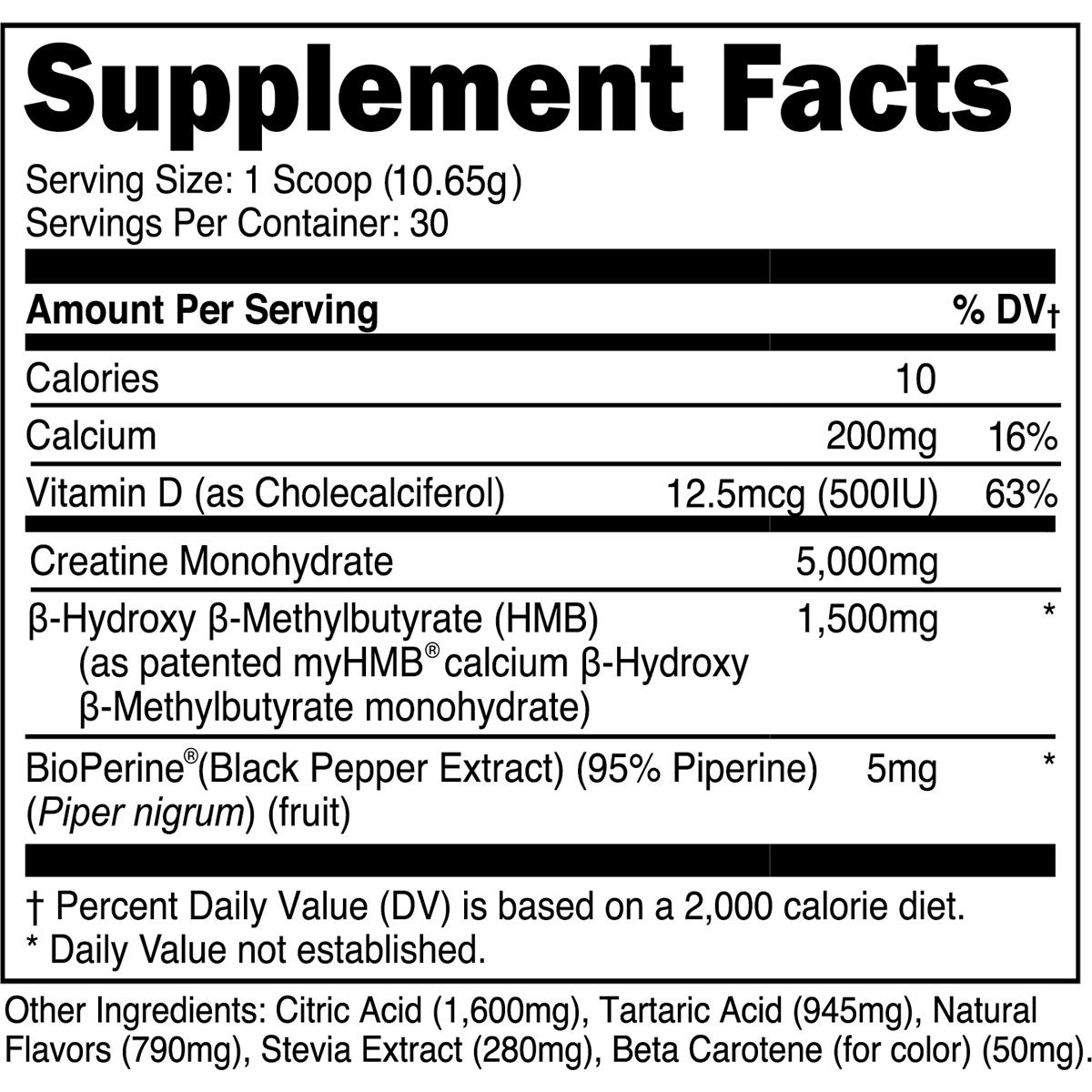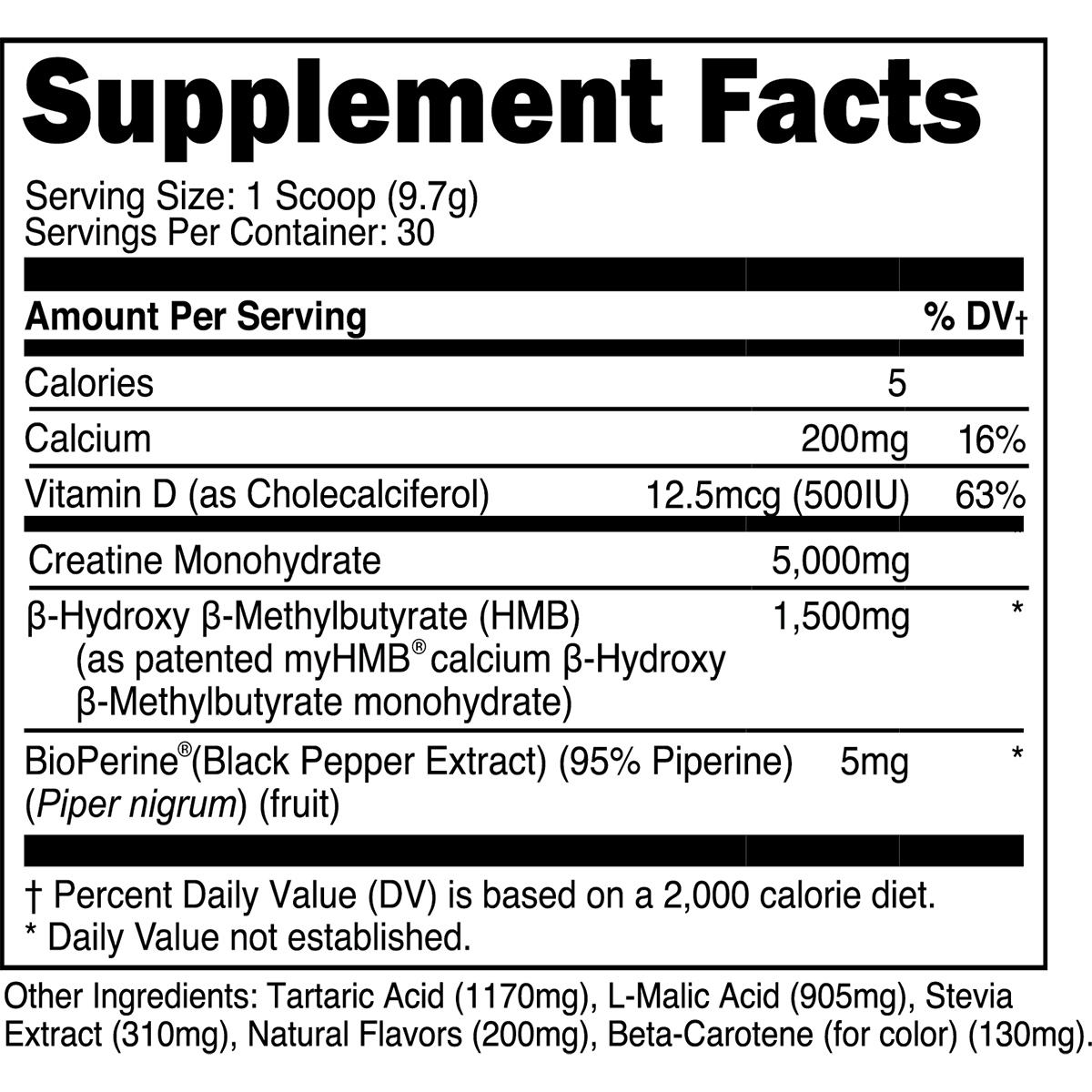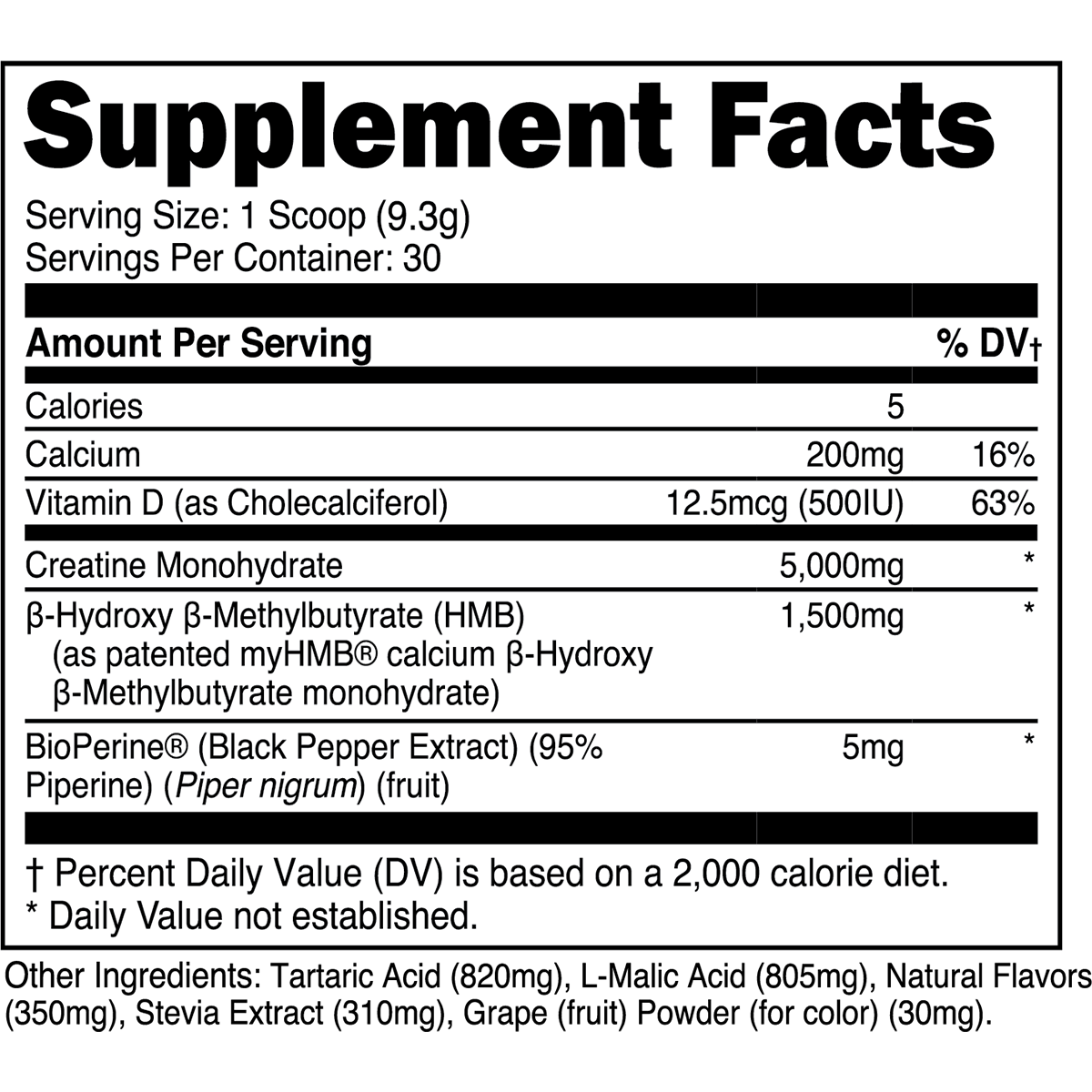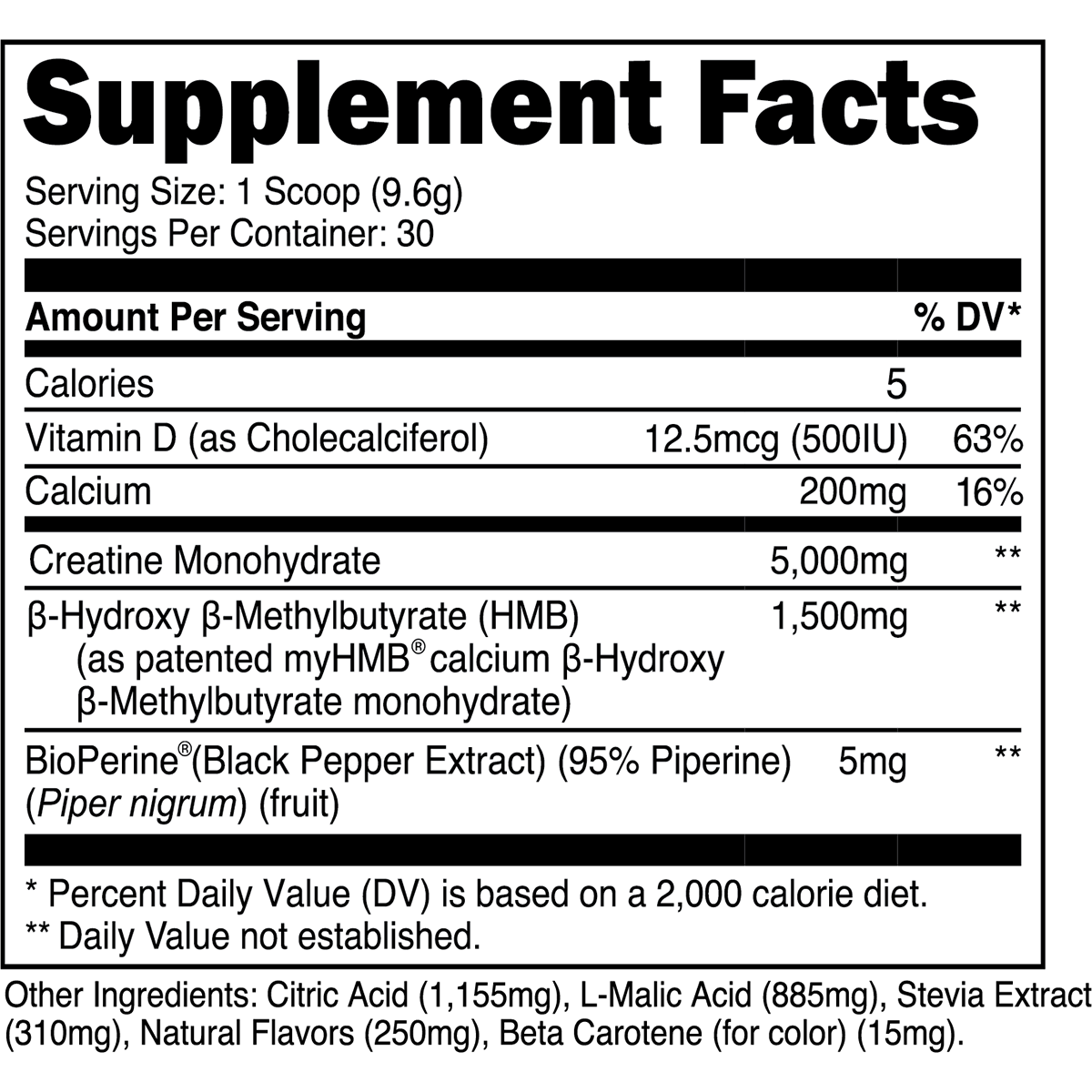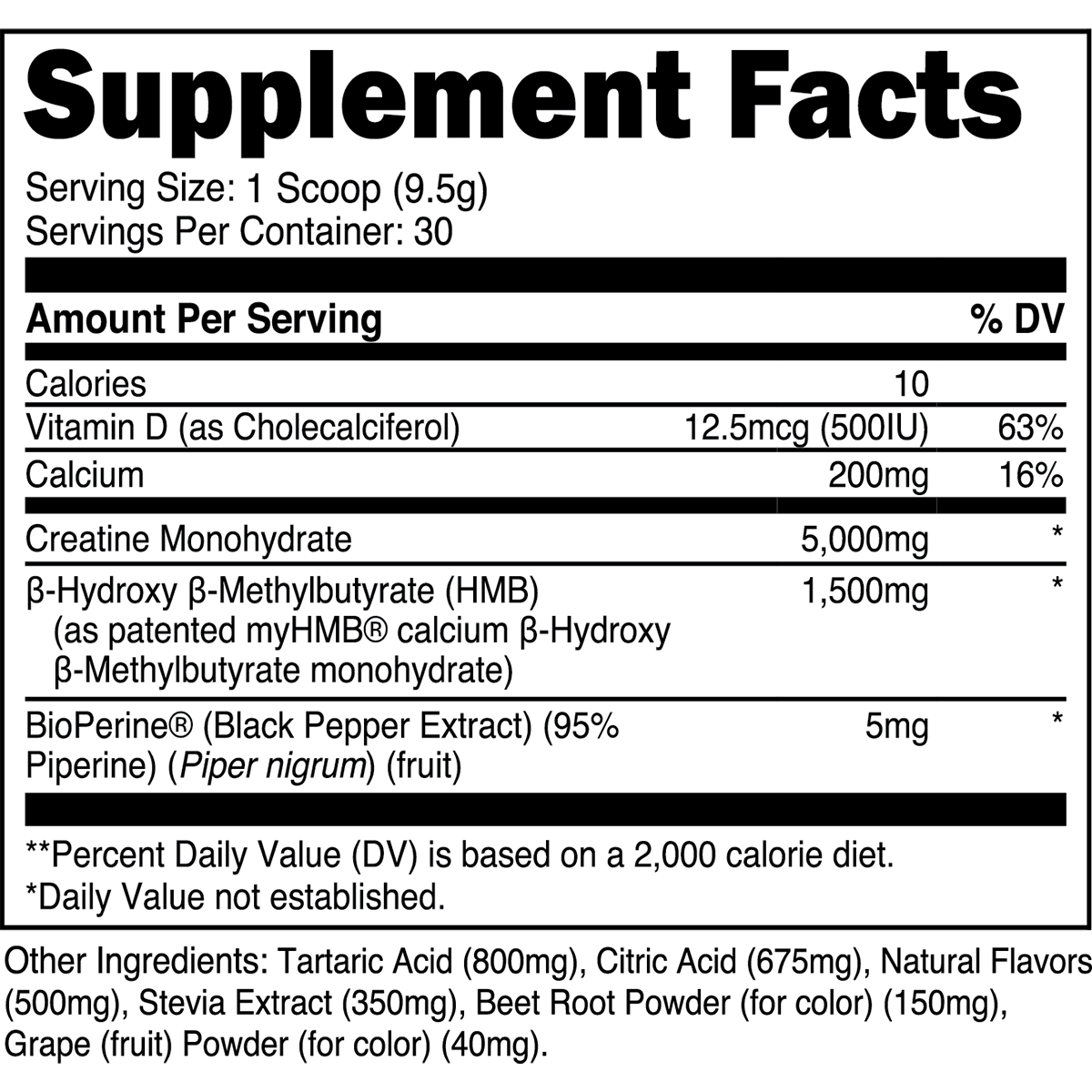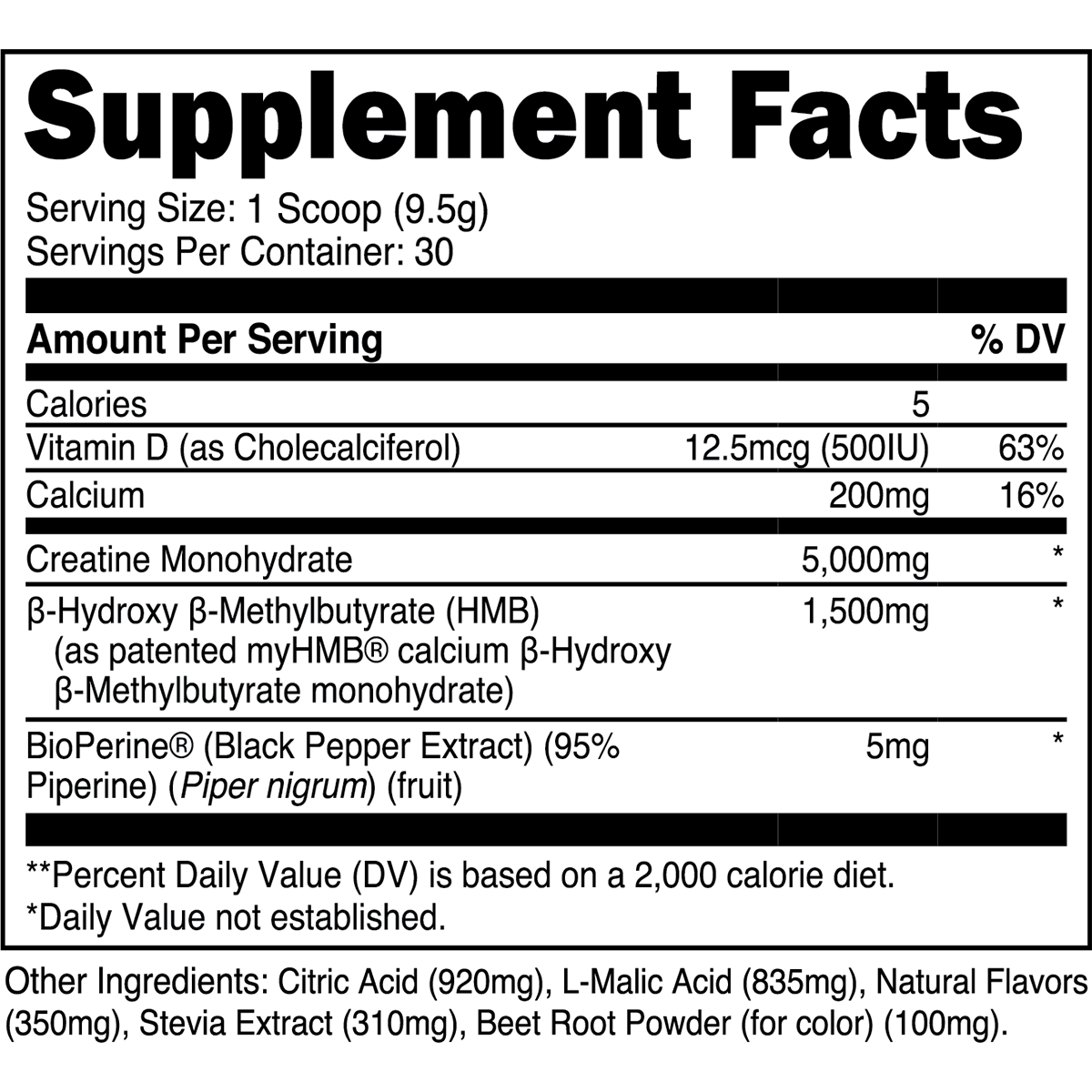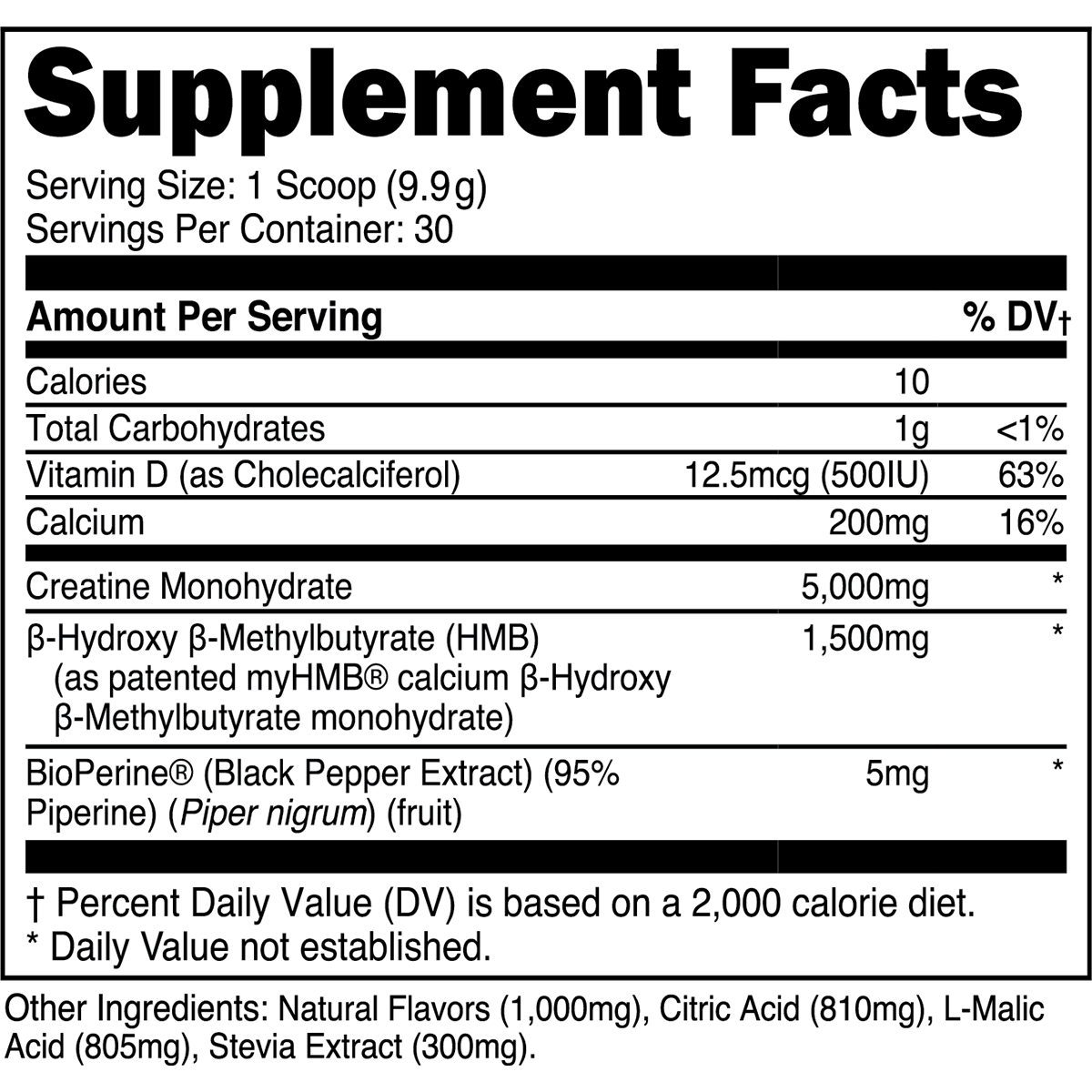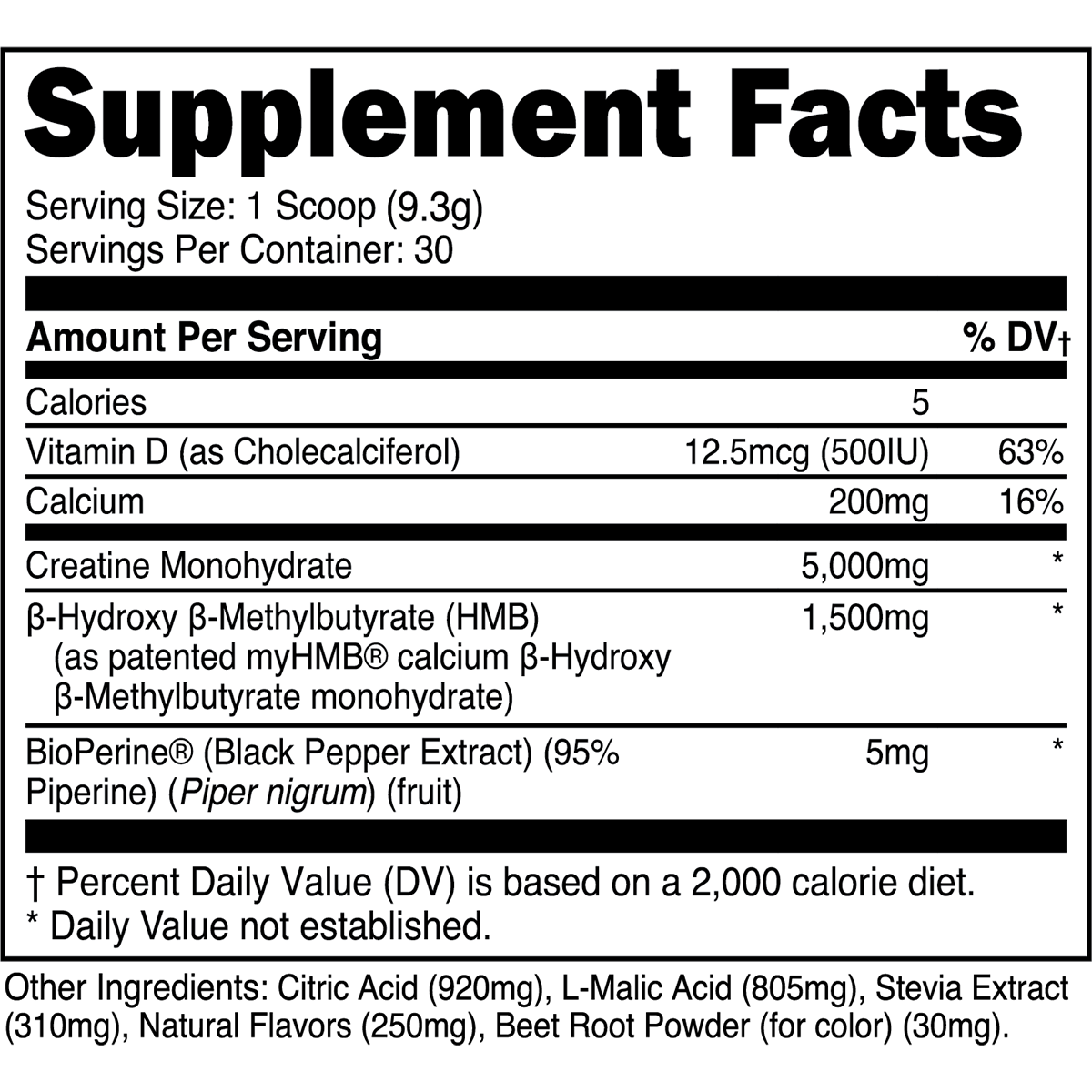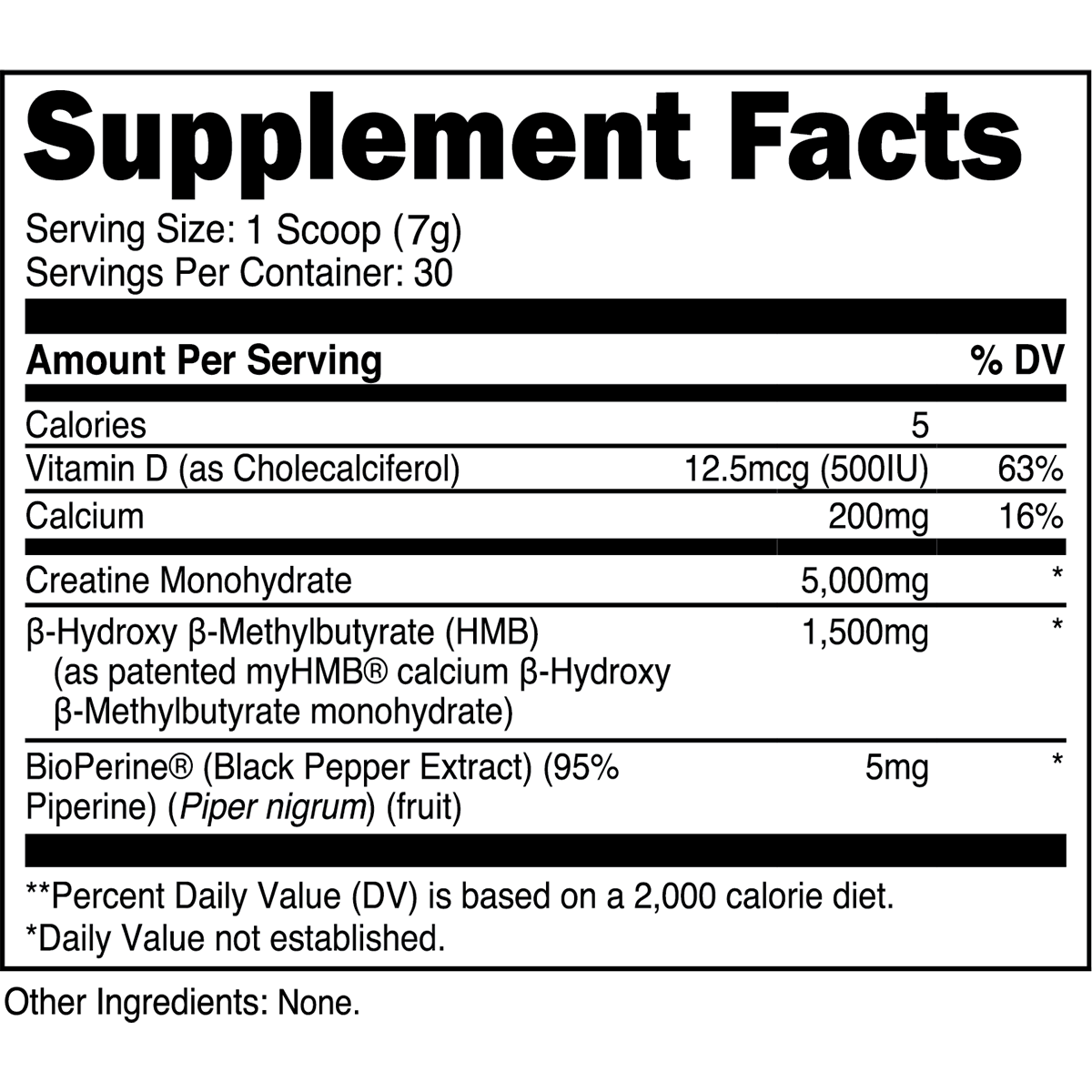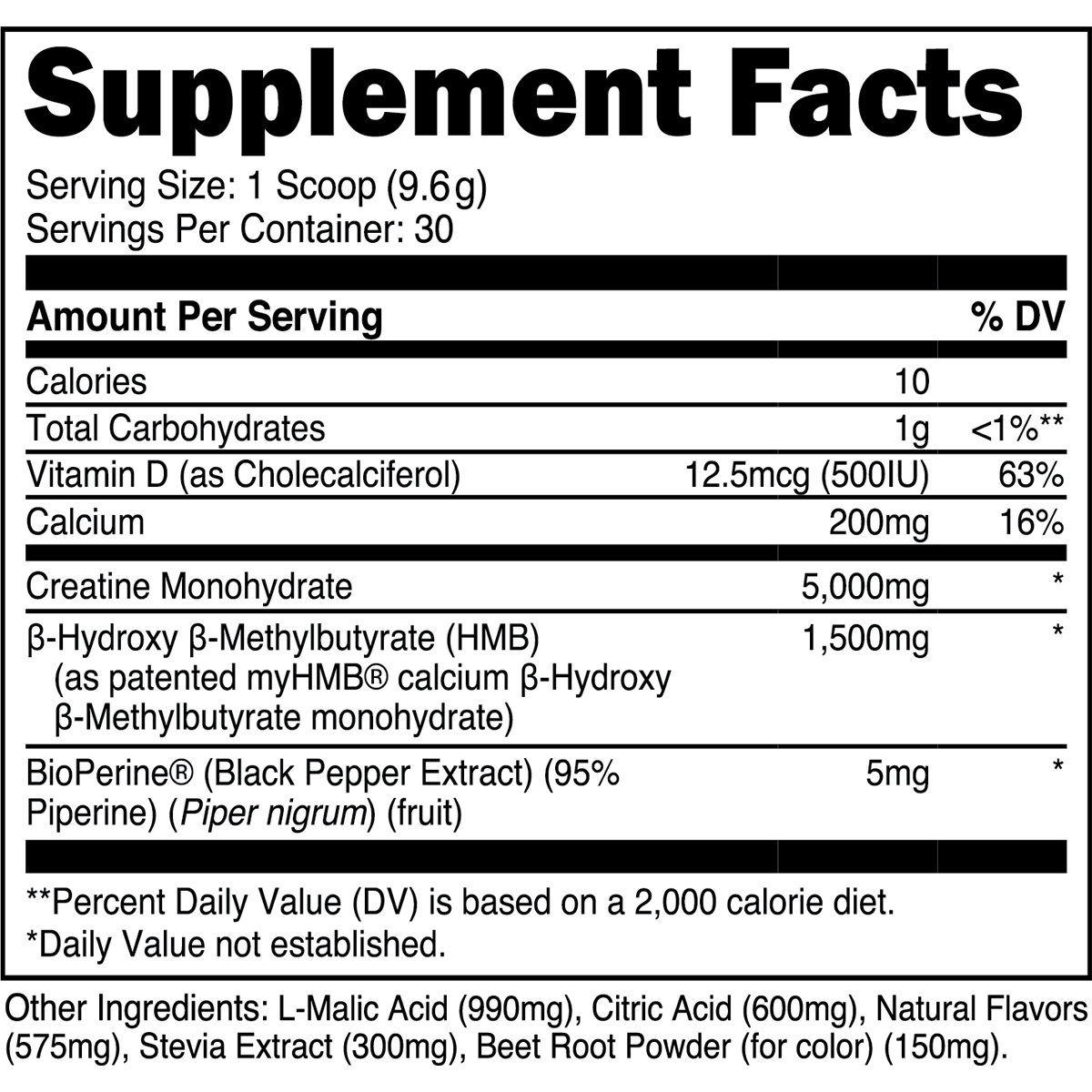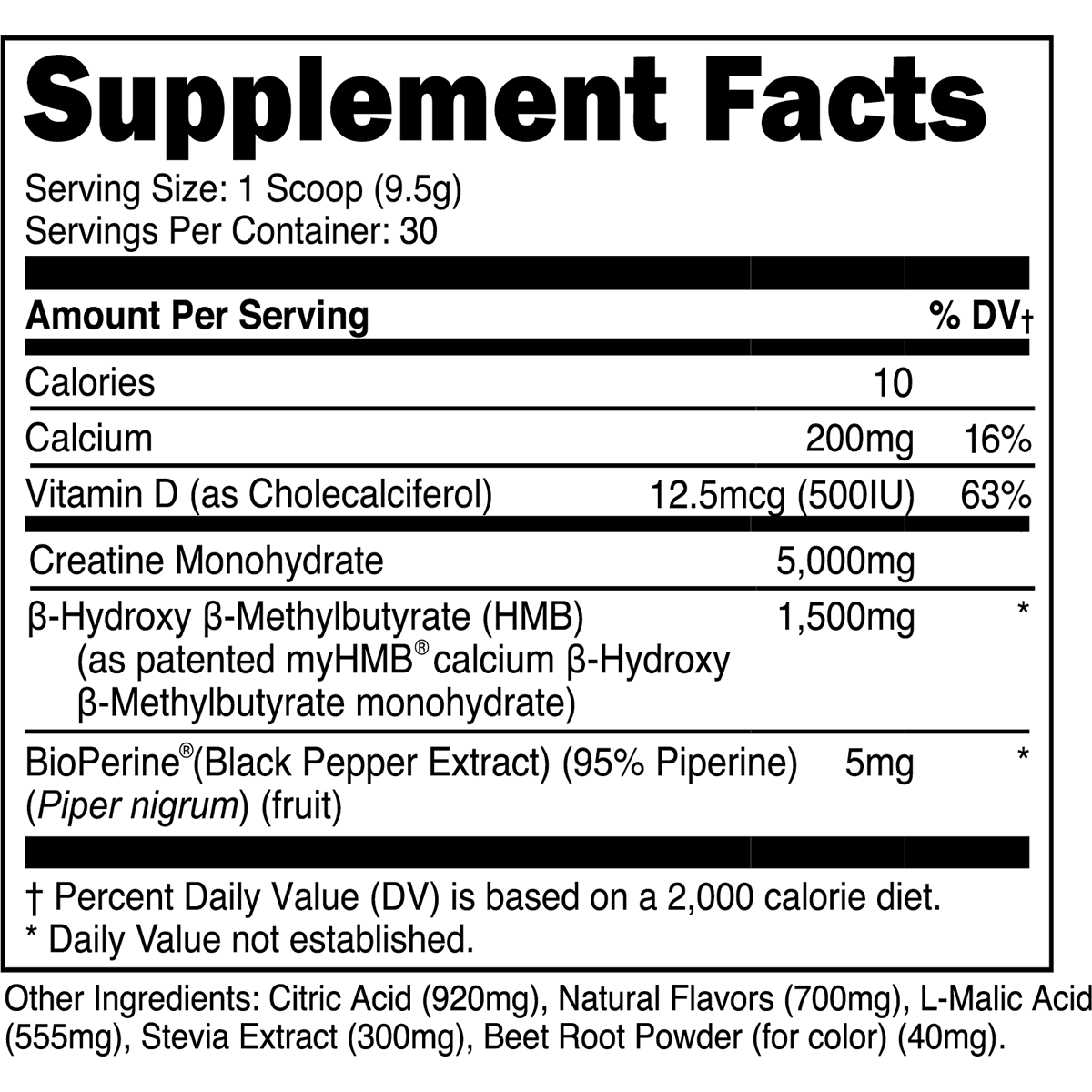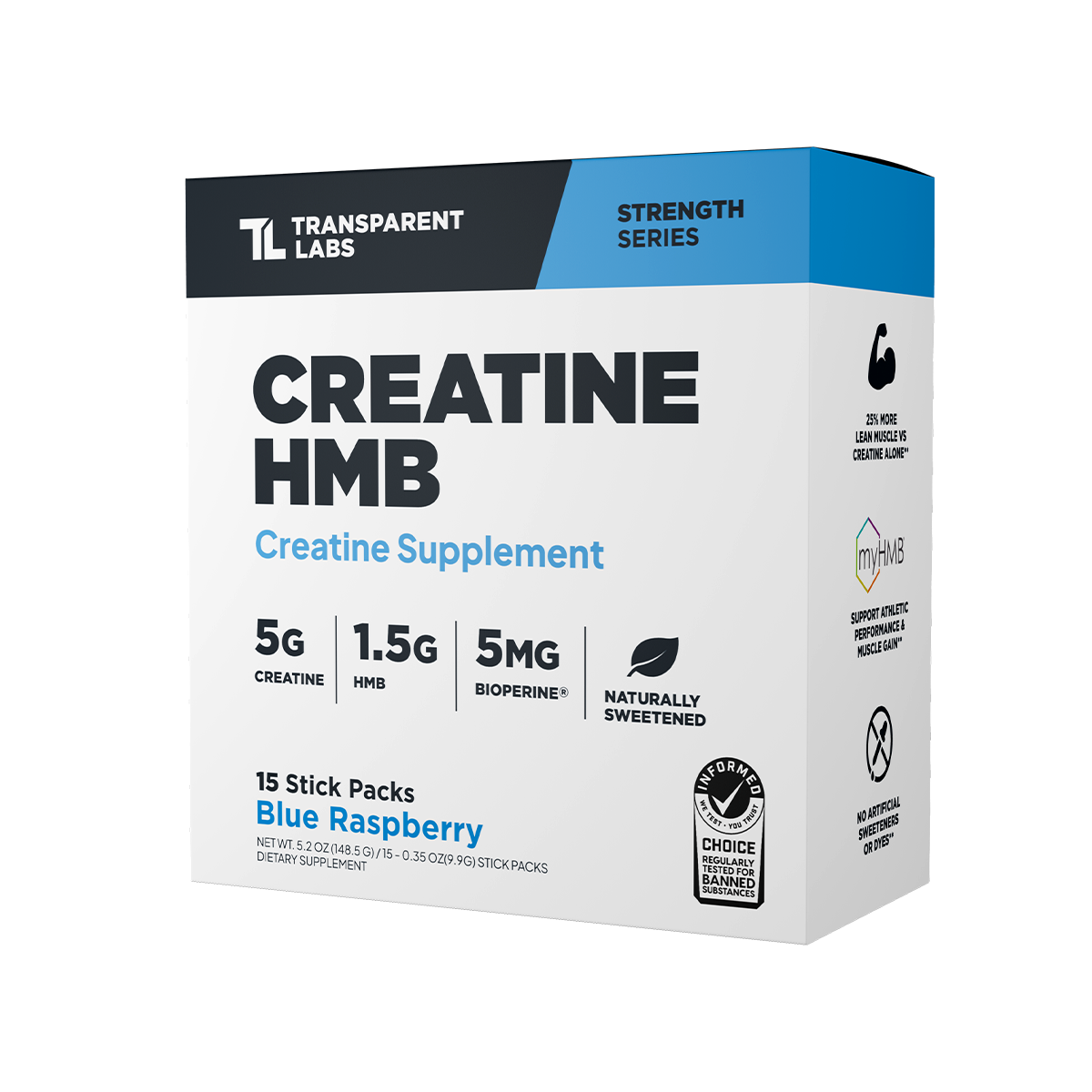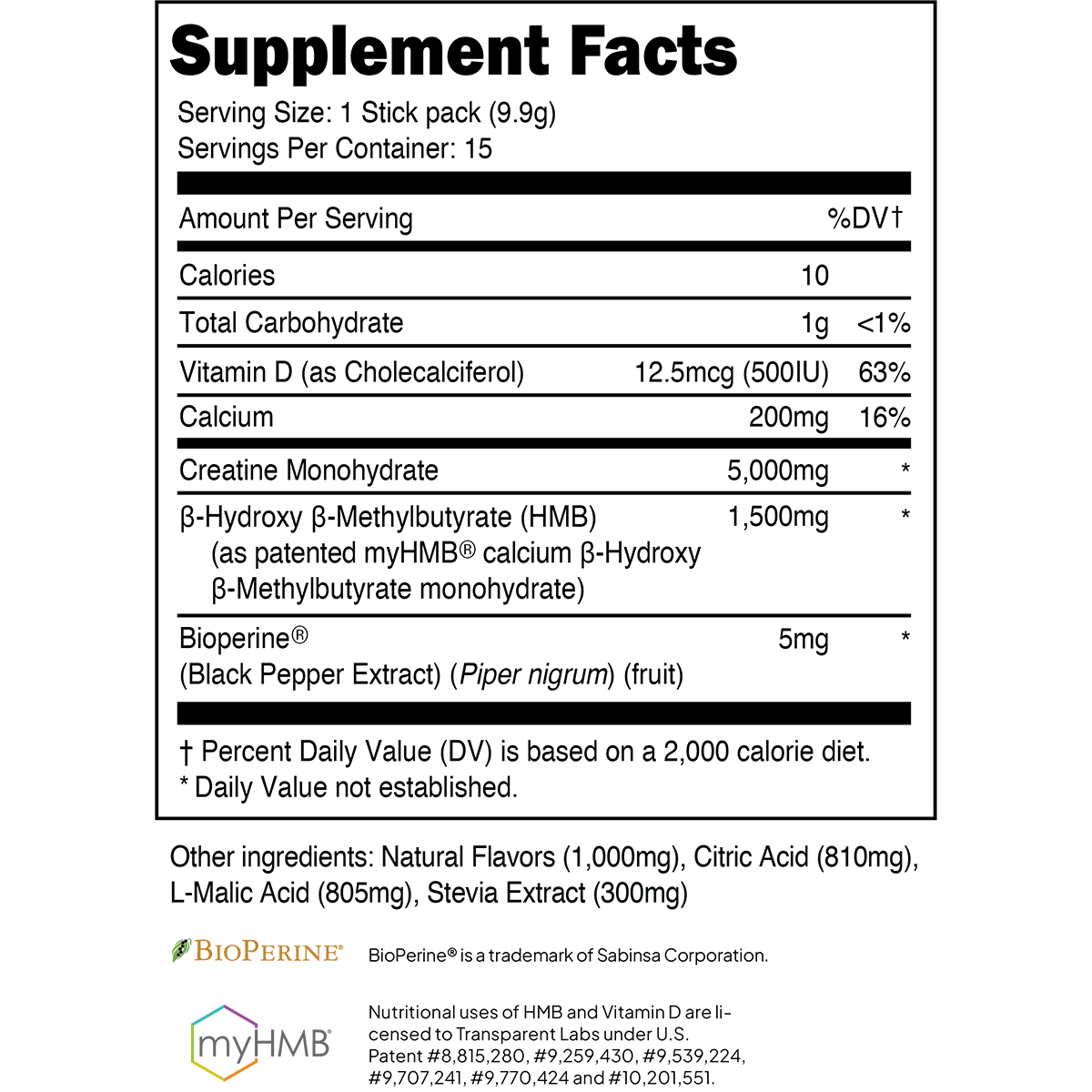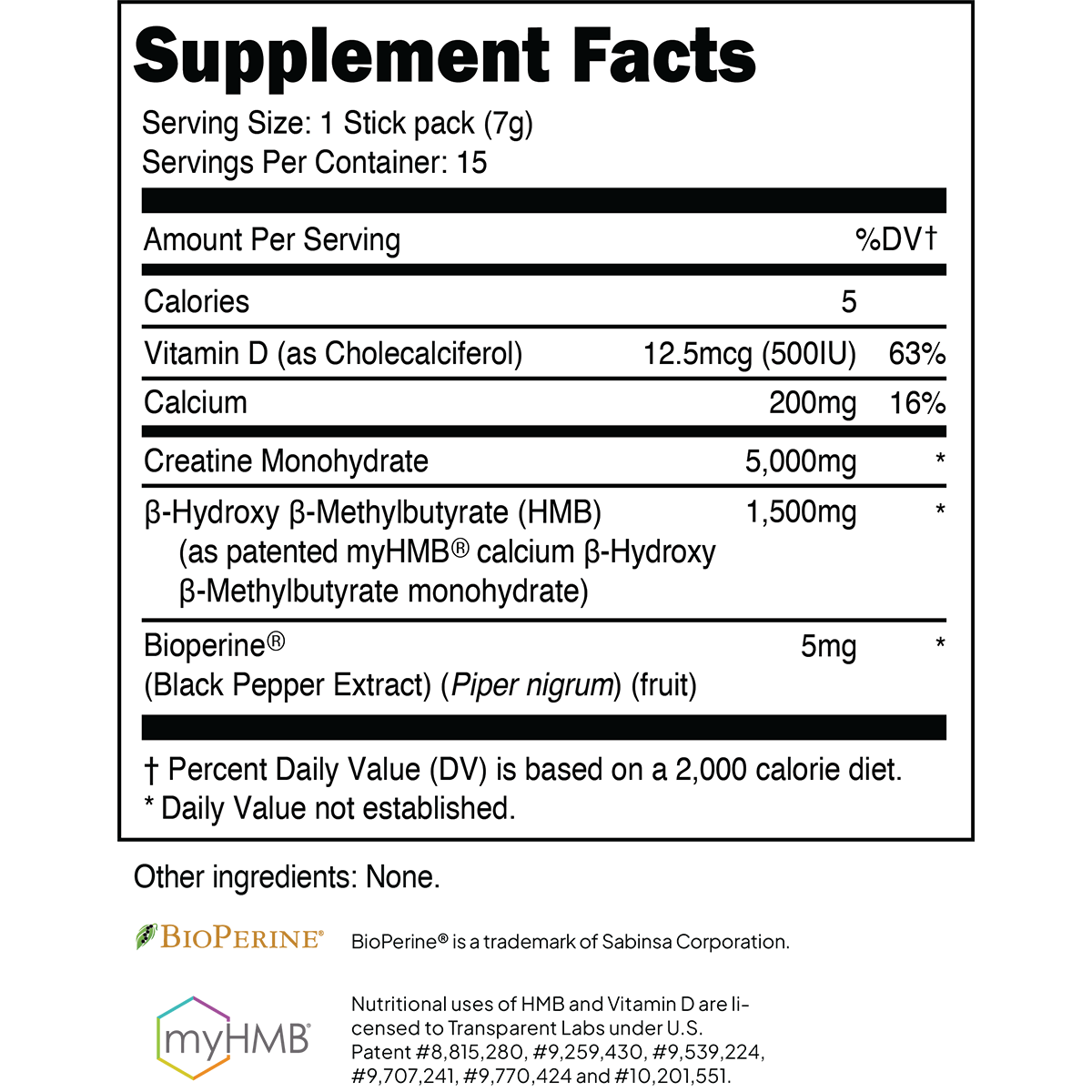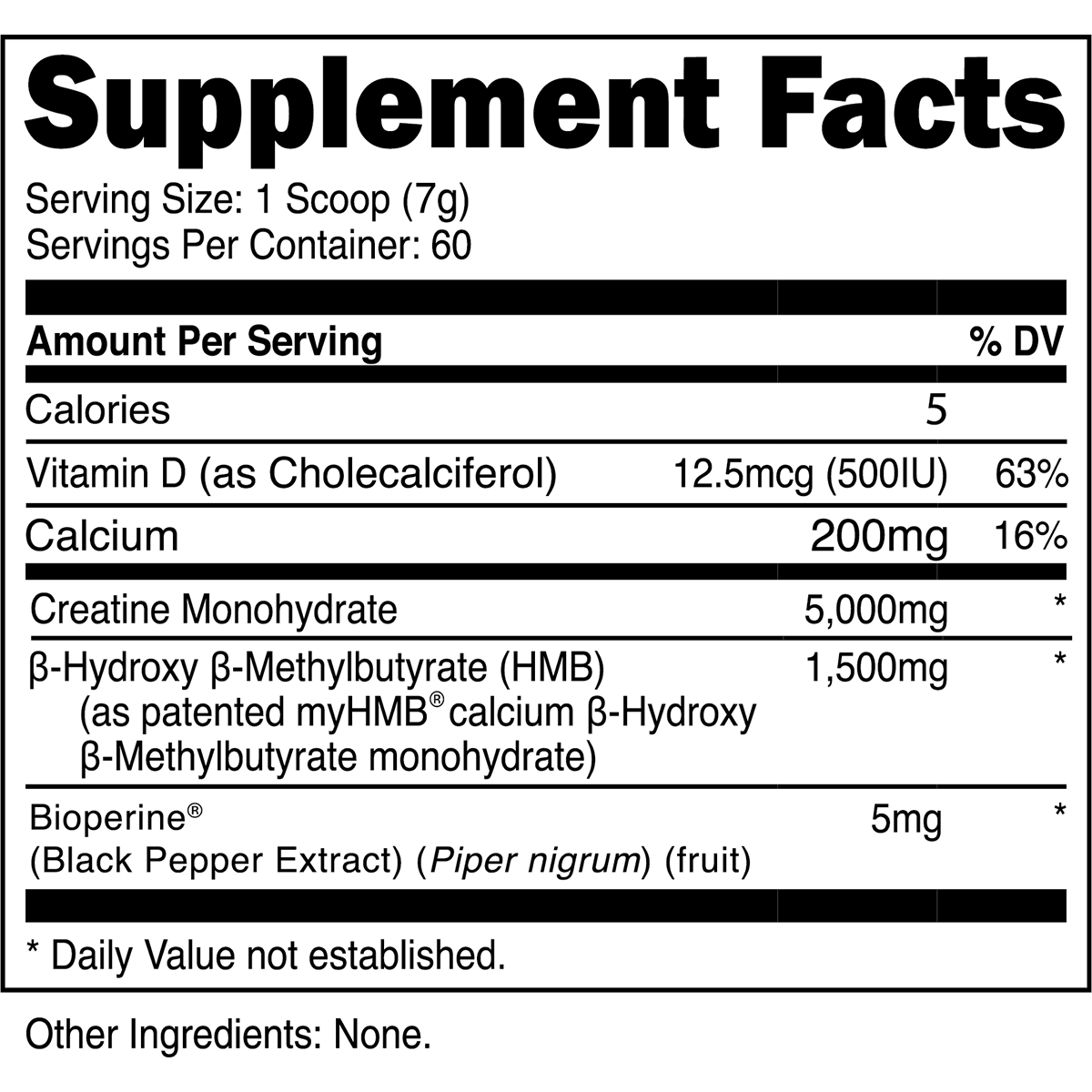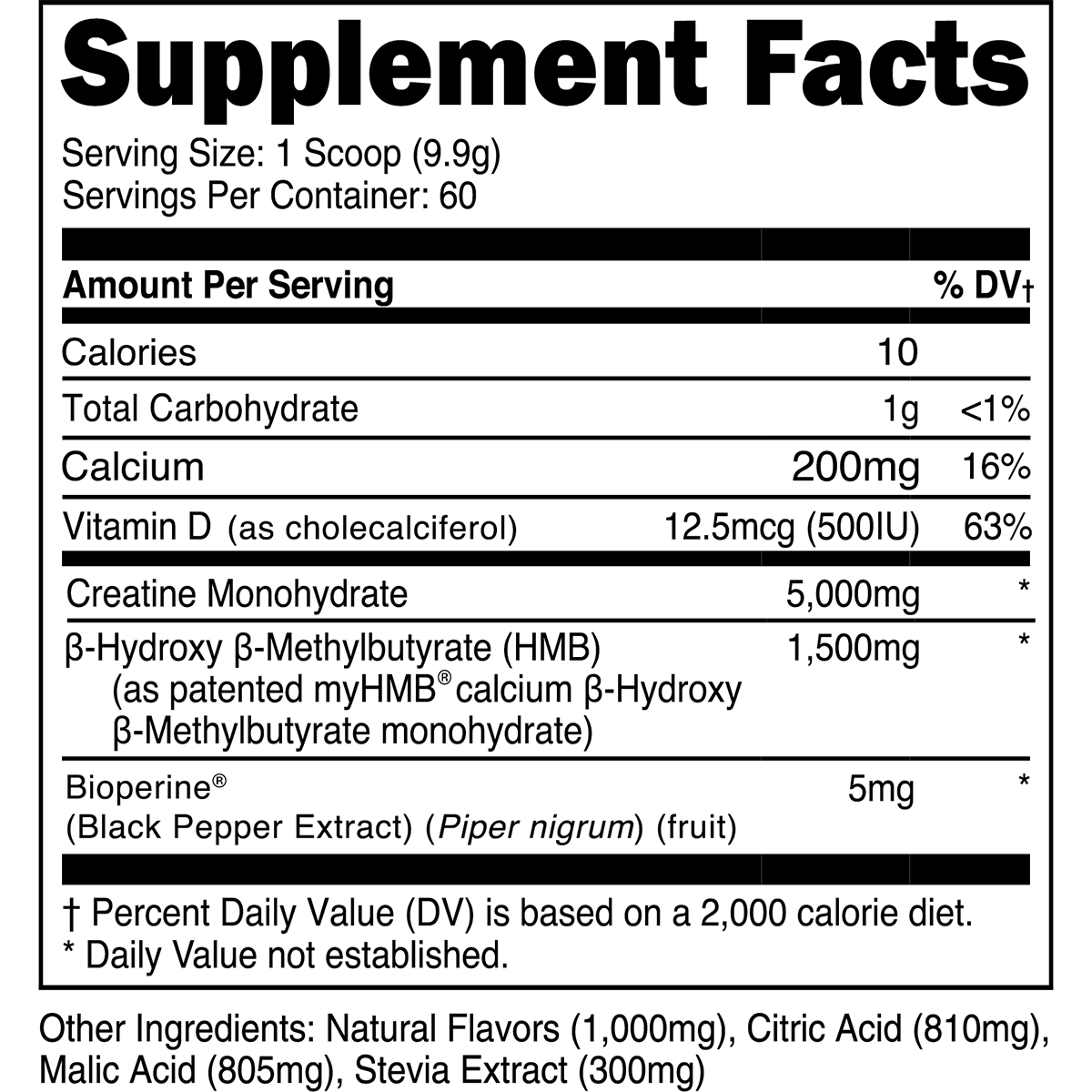Hypertrophy is a word that is important for many athletes and people beginning a fitness journey. It is the process of building muscle mass through resistance training. It appears simple but is not easy to do. It can also be confused with strength training, which is somewhat different and has a different purpose.
We will cover those differences as well as the principles of how to successfully go about this process, the amount of training volume it takes, what exercises work best, and share a plan that can help you make the kind of hypertrophy gains you are hoping for.
What is Hypertrophy?
Hypertrophy refers to the physical increase of muscle fibers and cells. A key component of achieving an increase in muscle size is through resistance training. Hypertrophy training is different than training for muscular strength because training volume may be greater while the weight you work with may be lower.
The Process
In order for hypertrophy to occur, there must be more protein synthesis than protein breakdown. There are myofibrils in muscle fibers that are smaller than human hair but are vital to this process. Resistance training leads to an overload to the myosin and actin filaments.
This is why recovery is so important for hypertrophy training. The body will begin regenerating the myosin and actin through your dietary intake. When this happens, they increase in size, leading to more myofibrils within those fibers.
Key Principles of Muscle Hypertrophy Training
You may be thinking, "Do I just need to lift weights for more reps and take naps?" It's not that simple, but there are a few key principles to keep in mind if size is your goal.
Progressive Overload
You don't have to max out every day to build muscle. However, you need to gradually train with more resistance. Muscular failure must be achieved at some point for growth to occur.
Volume and Intensity
While a variety of rep ranges keep workouts interesting, the sweet spot for muscle growth is 8-12 reps with 60-80% of your one-rep max. The general range of 12-20 sets per week for each muscle group appears to be beneficial.
Rest and Recovery
Rest is crucial between sets. 30-60 seconds of rest allows the body to prepare for the next set properly when training for hypertrophy. Leaning towards 60 seconds works best for most lifters.
Effective Resistance Training Techniques for Hypertrophy
Both compound and isolation exercises are effective in promoting strength and size. Here's a breakdown of important techniques:
Compound Exercises
Multi-joint exercises like squats, deadlifts, barbell bench press, rows, and shoulder presses are effective for muscle growth.
Isolation Exercises
Isolation movements like bicep curls or lateral raises target specific areas and are useful for promoting muscle development where needed.
Time Under Tension
Maximizing time under tension, such as using a 2-second concentric and 4-second eccentric tempo, can improve muscle development.
Creating a Hypertrophy Training Plan for Muscle Growth
This sample workout plan will help you get started on your journey to building muscle. Train two days on, then take one day off for recovery. Track your training intensity and progress.
Back and Biceps
| Bent-Over Barbell Row | 3 sets of 12, 10, 8 reps |
| Dumbbell Pullover | 3 sets of 12, 10, 8 reps |
| Wide Grip Lat Pulldown | 3 sets of 12, 10, 8 reps |
| Reverse Grip Lat Pulldown | 3 sets of 12, 10, 8 reps |
| Hyperextension | 3 sets of 12, 12, 12 reps |
| Concentration Curl | 3 sets of 12, 10, 8 reps |
Chest and Triceps
| Incline Dumbbell Press | 3 sets of 12, 10, 8 reps |
| Flat Barbell Bench Press | 3 sets of 12, 10, 8 reps |
| Low Incline Dumbbell Flye | 3 sets of 12, 10, 8 reps |
| Cable Crossover | 3 sets of 12, 10, 8 reps |
| Push up | 3 sets of 12, 12, 12 reps |
| Rope Press down | 3 sets of 12, 10, 8 reps |
Quadriceps and Calves
| Squat | 3 sets of 12, 10, 8 reps |
| Front Squat | 3 sets of 12, 10, 8 reps |
| Leg Press | 3 sets of 12, 10, 8 reps |
| Leg Extension | 3 sets of 12, 10, 8 reps |
| Seated Calf Raises | 3 sets of 12, 10, 8 reps |
| Calf Press | 3 sets of 12, 10, 8 reps |
Shoulders
| Standing Barbell Press | 3 sets of 12, 10, 8 reps |
| Front Dumbbell Raise | 3 sets of 12, 10, 8 reps |
| Rear Lateral Raise | 3 sets of 12, 10, 8 reps |
| Single Arm Lateral Raise | 3 sets of 12, 10, 8 reps |
| Dumbbell Shrug | 3 sets of 12, 10, 8 reps |
Arms
| Barbell Curl | 3 sets of 12, 10, 8 reps |
| Preacher Dumbbell Curl | 3 sets of 12, 10, 8 reps |
| Hammer Curl | 3 sets of 12, 10, 8 reps |
| Close Grip Bench Press | 3 sets of 12, 10, 8 reps |
| Overhead Dumbbell Extension | 3 sets of 12, 10, 8 reps |
| Rope Pressdown | 3 sets of 12, 10, 8 reps |
Hamstrings, Glutes, and Calves
| Stiff-Legged Deadlift | 3 sets of 12, 10, 8 reps |
| Walking Lunge | 3 sets of 12, 10, 8 reps |
| Glute Kickback | 3 sets of 12, 10, 8 reps |
| Sumo Squat | 3 sets of 12, 10, 8 reps |
| Standing Leg Curl | 3 sets of 12, 10, 8 reps |
| Standing Calf Raise | 3 sets of 12, 12, 12 reps |
| Single Calf Raise | 3 sets of 12, 12, 12 reps |
Nutrition for Hypertrophy
A component that is just as important as training, if not more so, is nutrition. A diet high in protein is vital for muscle growth. A general guide is one gram of protein per pound of body weight, and post-workout, at least 20-25 grams is recommended for optimal protein synthesis.
Supplements
Supplements like whey protein isolate, creatine monohydrate, and HMB can support hypertrophy when combined with a proper diet.
Common Mistakes to Avoid
Focusing on Weight Lifted
Your muscles don't know the weight you're lifting; they only know resistance. Focus on form, not weight.
Training Too Much
Recovery is crucial. You only need metabolic stress, mechanical tension, and muscle tissue damage to grow. Don't overtrain.
When a Plateau Comes, Pivot Quickly
Don't keep pushing through a plateau. Adjust your training volume or exercise selection to break through.
FAQs about Hypertrophy Training
How long does it take to see results from hypertrophy training?
It depends on your training experience. New lifters may see results within weeks, while advanced lifters may take longer.
Should hypertrophy training include cardio?
Cardio can be beneficial if it doesn't interfere with your muscle-building goals. Keep intensity moderate to avoid burning too many calories.
How does hypertrophy training differ from powerlifting?
Powerlifting focuses on maximal strength for single-rep lifts, while hypertrophy training focuses on building muscle size with higher reps and volume.
Conclusion
Hypertrophy training is effective for building muscle as long as you approach it with the right techniques and avoid common mistakes. Follow this guide to get on the path to muscle growth and success.
References
- Loading Recommendations for Muscle Strength, Hypertrophy, and Local Endurance: A Re-Examination of the Repetition Continuum. Brad J. Schoenfeld,1,* Jozo Grgic,2 Derrick W. Van Every,1 and Daniel L. Plotkin1.
- A Systematic Review of The Effects of Different Resistance Training Volumes on Muscle Hypertrophy. Eneko Baz-Valle,corresponding author* 1 Carlos Balsalobre-Fernández, 2 Carlos Alix-Fages, 1 and Jordan Santos-Concejero 1.
- Rest interval between sets in strength training. Belmiro Freitas de Salles 1, Roberto Simão, Fabrício Miranda, Jefferson da Silva Novaes, Adriana Lemos, Jeffrey M Willardson.
- Single vs. Multi-Joint Resistance Exercises: Effects on Muscle Strength and Hypertrophy. Paulo Gentil,1,* Saulo Soares,1 and Martim Bottaro1.
- Muscle time under tension during resistance exercise stimulates differential muscle protein sub-fractional synthetic responses in men. Nicholas A Burd,1 Richard J Andrews,1 Daniel WD West,1 Jonathan P Little,1 Andrew JR Cochran,1 Amy J Hector,1 Joshua GA Cashaback,2 Martin J Gibala,1 James R Potvin,2 Steven K Baker,3 and Stuart M Phillips1.
- Dietary protein for muscle hypertrophy. Kevin D Tipton 1, Stuart M Phillips.
- Low carbohydrate availability impairs hypertrophy and anaerobic performance. Lee M Margolis 1, Stefan M Pasiakos 2.














